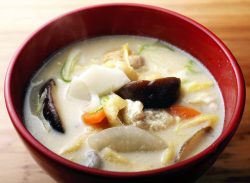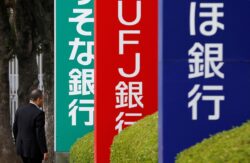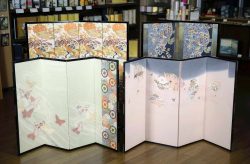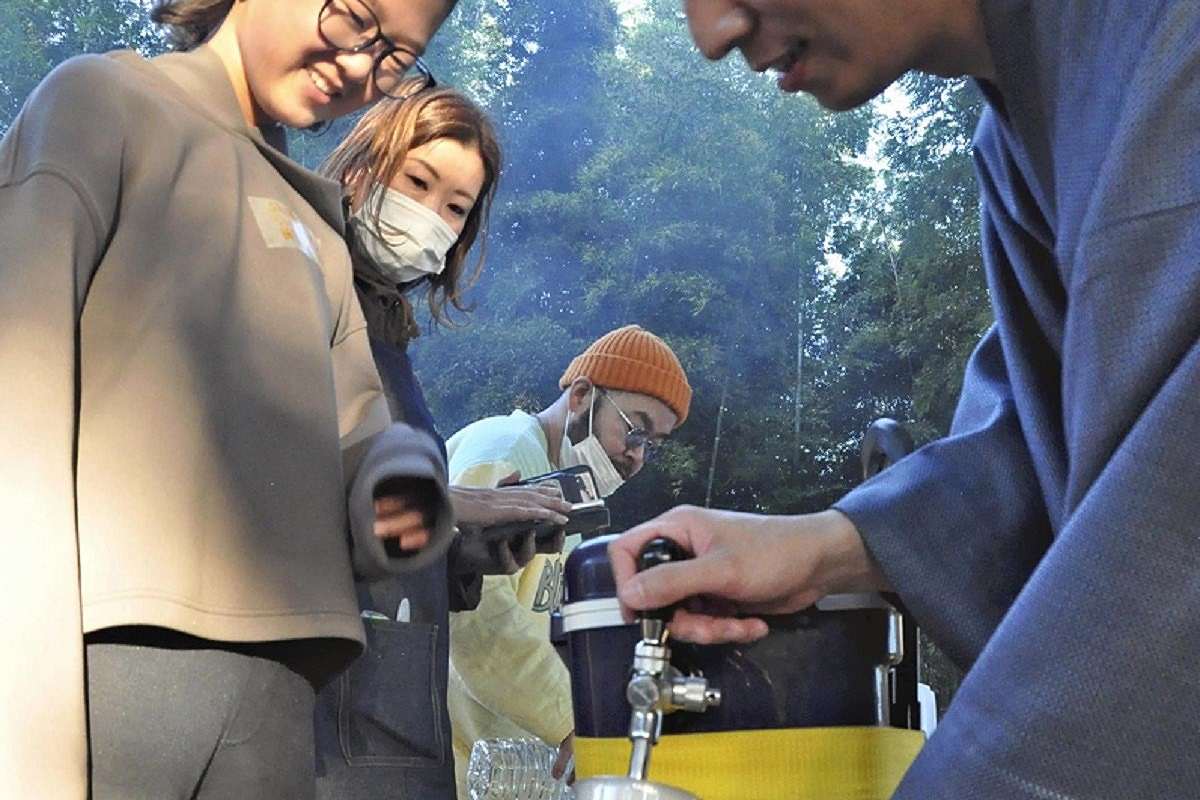
Koichi Shuto, right, serves a sample of his femented ginger ale, or ginger beer, in Midori Ward, Saitama City, in late October
17:18 JST, November 28, 2020
SAITAMA — A fermented ginger ale production facility in Minuma Ward, Saitama City, is scheduled for completion next spring with the aim of serving a dual purpose.
The fizzy ale is a beverage that originated in Britain in the 17th century and is made by fermenting ingredients such as ginger, citrus and sugar. It is usually a non-alcoholic beverage, called “ginger beer” in Britain, where it is consumed as a substitute for alcohol.
Koichi Shuto, 35, president of a translation company in the city’s Midori Ward, has launched the initiative to create a new local specialty. He aims to start production and sales in April next year.
The concept also includes the use of idle farmland — which has increased due to a lack of successors — where ginger will be grown in the Minuma tambo rice paddy area that stretches from Saitama City to Kawaguchi.
After graduating from university, Shuto worked for 3-1/2 years at a major liquor retailing company. He left the company and went to Taiwan where he worked as a sake connoisseur, as well as a translator. After returning to Japan, he started his translation company.
Shuto came up with the idea of starting a ginger beer business when he visited Taiwan, where his wife’s parents live. During the visit, he discovered the business potential in ginger beer when a batch that he made using ginger from a neighbor was received well by his parents-in-law and their neighbors.
In December 2018, Shuto became aware that many plots of farmland in the Minuma tambo area near his home were lying idle, so he started to explore ways to produce and sell ginger beer, as well as revitalize the area by turning it into a ginger production hub.
In February this year, Shuto launched a company called Ginger Bug. He procured ginger from Miyazaki Prefecture in April and asked eight farming families in the Minuma tambo area to grow ginger on a trial basis without using pesticides. In October, he purchased a plot of land with a vacant wooden house that he will eventually turn into his ginger beer production facility. His company also has rented an 800-square meter field in the Minuma tambo area where it will grow ginger, herbs and fruits as well.
As ginger beer is not as familiar as ginger ale in Japan, Shuto is making an effort to promote the beer by offering free samples from a batch he made at home to people in and outside the city. To increase fans of ginger beer, he ran a crowdfunding campaign to raise funds for the initiative. The company raised more than 6 million yen from about 500 people, exceeding its goal of 2.5 million yen.
Construction of the production facility is underway to begin operation as early as February. Shuto plans to start selling his ginger beer online and at restaurants around April. His company has already signed deals with 15 restaurants and other entities in and outside the city.
Shuto intends to have contract farmers in the Minuma tambo area grow ginger, while also planning to establish an organization to support local farmers in autumn next year.
“It’s like killing two birds with one stone, if people can drink delicious ginger beer easily in Japan, and the issue of idle farmland is also solved,” Shuto said. “We want to take action before the farmland goes bad.”
Inquiries can be made in English or Chinese via email to info@ginger-bug.com.
Top Articles in Features
-
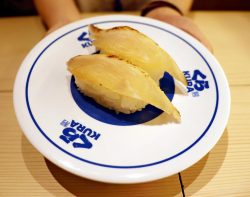
Pangasius Catfish Increasingly Featured on Japanese Restaurant Menus, Home Dining Tables Due to Affordability, Mild Flavor
-

Tourists Flock to Ice Dome Lodge at Resort in Hokkaido, Japan; Facility Invites Visitors to Sleep on Beds Made of Ice
-

Hokkaido Village Attracts Visitors with Red-crowned Cranes, National Special Natural Monument
-
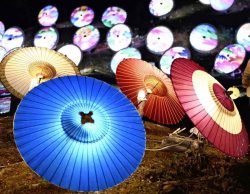
Traditional Umbrellas Illuminated in Gifu City, Projection Mapping Lights Up Park Near Gifu Castle
-
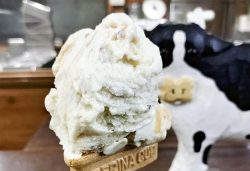
Elementary School Students’ Roasted Sweet Potato Gelato a Hot Seller
JN ACCESS RANKING
-

Univ. in Japan, Tokyo-Based Startup to Develop Satellite for Disaster Prevention Measures, Bears
-

JAL, ANA Cancel Flights During 3-day Holiday Weekend due to Blizzard
-

China Confirmed to Be Operating Drilling Vessel Near Japan-China Median Line
-

China Eyes Rare Earth Foothold in Malaysia to Maintain Dominance, Counter Japan, U.S.
-

M6.2 Earthquake Hits Japan’s Tottori, Shimane Prefectures; No Tsunami Threat (Update 4)





